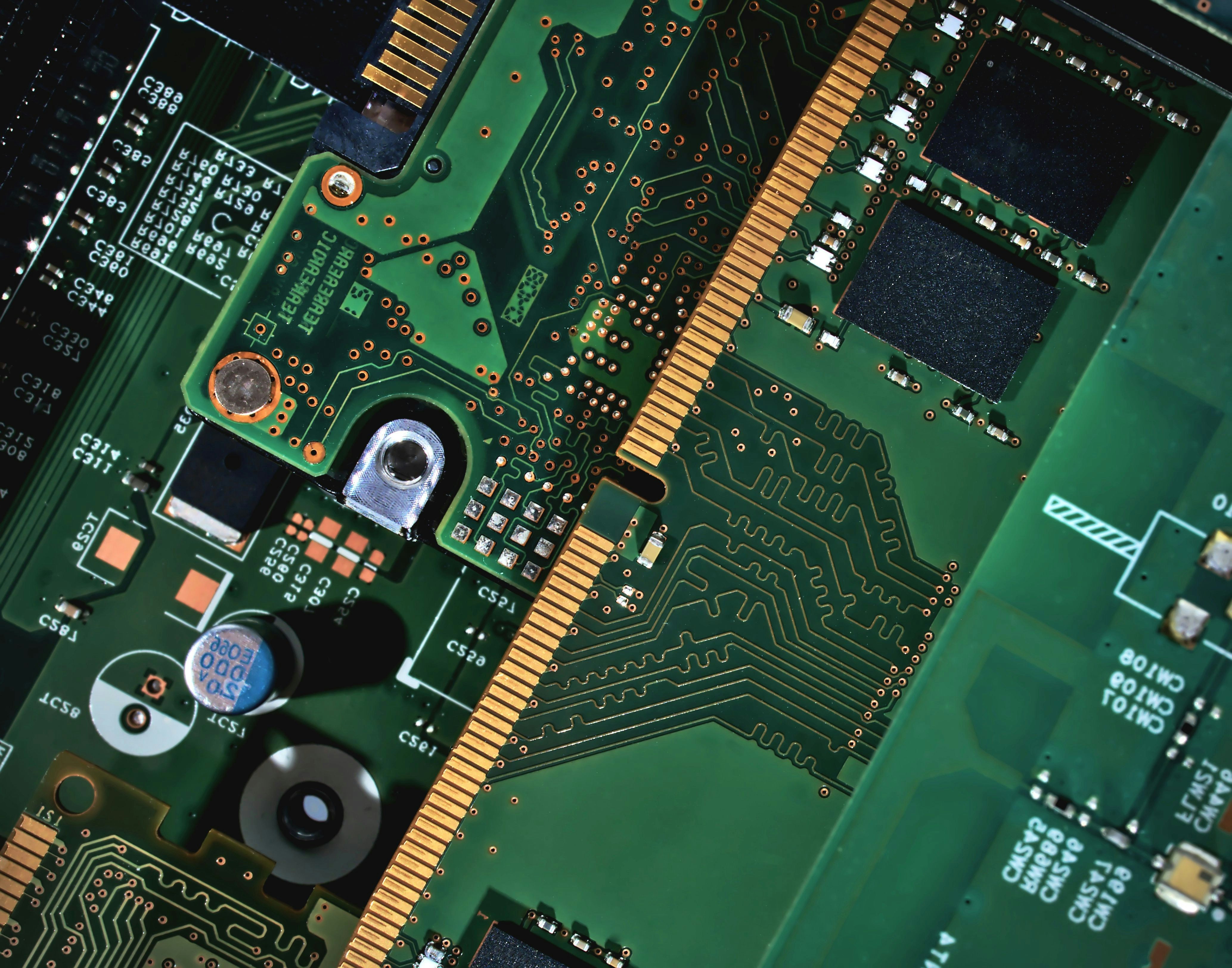Quantum Computing | Definition & Examples
Quantum Computing
Definition:
"Quantum Computing" is a type of computing that uses quantum-mechanical phenomena to perform operations on data, potentially solving complex problems much faster than classical computers. It leverages principles such as superposition, entanglement, and quantum interference to process information in fundamentally new ways.
Detailed Explanation:
Quantum computing represents a revolutionary approach to computation that exploits the unique properties of quantum mechanics. Unlike classical computers, which use bits as the smallest unit of information, quantum computers use quantum bits or qubits. Qubits can exist in multiple states simultaneously (superposition) and can be entangled with each other, allowing for more complex and efficient processing of information.
Key quantum-mechanical phenomena in quantum computing include:
Superposition:
Qubits can represent both 0 and 1 at the same time, allowing quantum computers to process a vast number of possibilities simultaneously.
Entanglement:
When qubits become entangled, the state of one qubit is directly related to the state of another, even when separated by large distances. This property enables instant communication between entangled qubits.
Quantum Interference:
Quantum states can interfere with each other, amplifying the correct solutions and canceling out incorrect ones in computational processes.
Quantum computers perform computations using quantum gates, which manipulate qubits through quantum operations. These gates form quantum circuits that can solve specific problems more efficiently than classical circuits.
Key Elements of Quantum Computing:
Qubits:
The fundamental units of quantum information, capable of representing multiple states simultaneously.
Quantum Gates:
Operations that manipulate qubits and form the building blocks of quantum circuits.
Quantum Algorithms:
Specialized algorithms designed to leverage quantum mechanics for solving problems, such as Shor's algorithm for factoring large numbers and Grover's algorithm for search problems.
Quantum Decoherence:
The loss of quantum coherence due to environmental interference, which is a major challenge in maintaining qubit stability and accuracy.
Advantages of Quantum Computing:
Speed:
Quantum computers can potentially solve certain complex problems much faster than classical computers, particularly in cryptography, optimization, and simulation.
Parallelism:
The ability to process multiple possibilities simultaneously due to superposition, leading to significant computational efficiencies.
Advanced Problem Solving:
Capable of addressing problems that are currently intractable for classical computers, such as simulating molecular structures for drug discovery.
Challenges of Quantum Computing:
Decoherence and Error Rates:
Maintaining qubit stability and minimizing errors due to environmental interactions are significant technical challenges.
Scalability:
Building scalable quantum systems with a large number of qubits remains a major hurdle.
Technical Complexity:
Developing and maintaining quantum hardware and software requires specialized knowledge and advanced technology.
Uses in Performance:
Cryptography:
Quantum algorithms can break current cryptographic codes, necessitating the development of quantum-resistant encryption methods.
Optimization:
Solves complex optimization problems in logistics, finance, and supply chain management more efficiently than classical methods.
Scientific Simulation:
Simulates quantum systems, chemical reactions, and materials at an atomic level, advancing research in chemistry, physics, and materials science.
Design Considerations:
When developing quantum computing systems, several factors must be considered to ensure effective and reliable performance:
Qubit Quality:
Focus on improving qubit coherence times and error rates to enhance computational accuracy and stability.
Algorithm Development:
Design and optimize quantum algorithms that leverage the unique properties of quantum mechanics for specific applications.
Hybrid Approaches:
Integrate quantum and classical computing methods to address current limitations and maximize computational capabilities.
Conclusion:
Quantum computing is a type of computing that uses quantum-mechanical phenomena to perform operations on data, potentially solving complex problems much faster than classical computers. By leveraging principles such as superposition, entanglement, and quantum interference, quantum computers offer significant advantages in speed, parallelism, and advanced problem-solving. Despite challenges related to decoherence, scalability, and technical complexity, the potential applications in cryptography, optimization, and scientific simulation make quantum computing a transformative technology. With careful consideration of qubit quality, algorithm development, and hybrid approaches, quantum computing can significantly enhance computational capabilities and address problems beyond the reach of classical computers.

